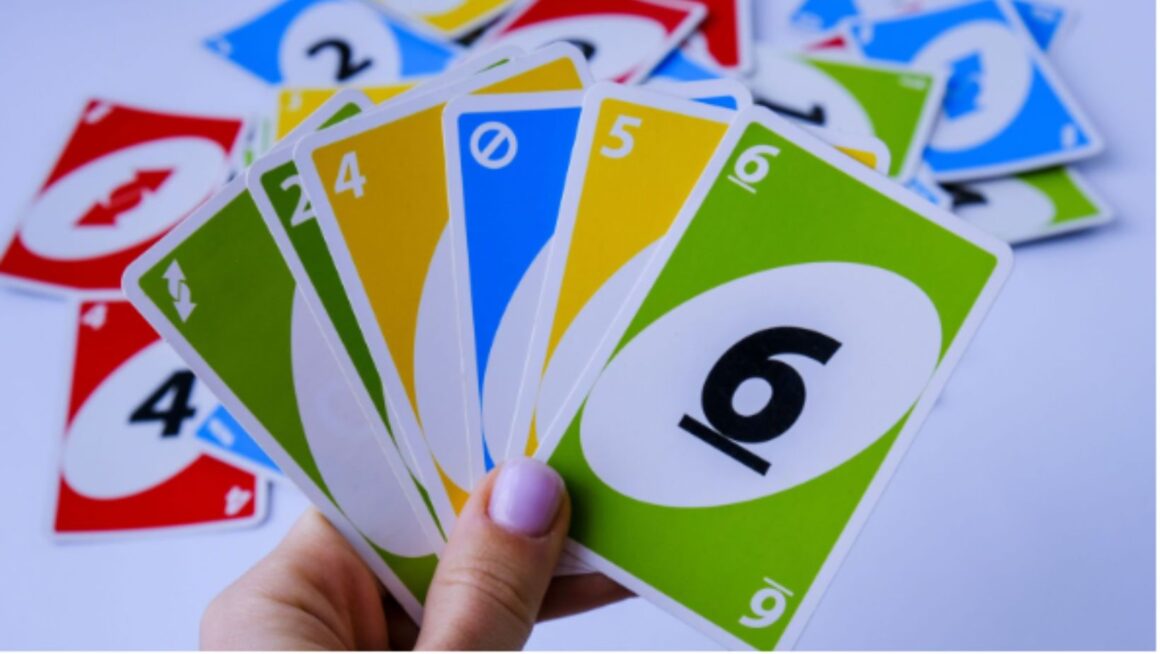Studies show that your short-term memory peaks at 25 and then declines. Not instantly, of course. At 30, you may notice it has become more difficult for you to remember faces. No panic, then; it’s nature. And luckily, you can help it. For example, by doing relevant brain exercises. Or, if such exercises don’t sound exciting to you, another working solution is… card games!
Poker
First thing first, it’s worth knowing that even in an online casino, you can play poker for fun or for real money. At Spinanga, for example, you can do both. Plus, there’s also live dealer poker. That is, poker games can be very different.
Now, how does poker train your brain? The thing is that it requires an immense amount of strategy, attention to detail, and memory. Players must remember the cards that have appeared and predict their opponents’ moves. At least if they want to succeed in it.
In other words, it’s a game of incomplete information. You can rely solely on luck, of course. But at more advanced levels, memory and psychology play critical roles.
Hearthstone
This one is a digital card game that requires players to remember the specific abilities of hundreds (!!) of cards. These cards are further used in various combinations for strategic play.
When you are just starting, it all feels like a mission impossible. But the dynamic competitive scene of the game quickly engages you. You strategize, the gameplay remains fresh, and you hardly notice how much you have actually memorized.
Hearthstone is a game by Blizzard Entertainment. It’s free-to-play, but there are in-app purchases for card packs.
Gwent
The beauty of Gwent is that it’s got a deep lore. Of course, if you’ve never heard of the Witcher universe, this benefit should hardly be noticeable, but if you are a fan, the game’s a treasure!

Putting aside the lore, Gwent is a good memory exercise. You must remember past plays and anticipate future ones. Not too difficult but gives your brain a challenge, especially at first.
CD Projekt developed Gwent as a free-to-play game for different platforms (including Android and PS4). It has optional purchases for card packs and cosmetics.
Magic: The Gathering Arena
First, mathematician Richard Channing Garfield invented Magic: The Gathering. It was a traditional card game that is now viewed as the first game in the collectible card game (CCG) genre. Based on it, Wizards of the Coast designed Magic: The Gathering Arena. It’s the same as the original but digital. Like all games analyzed above, Magic is free-to-play with in-app purchases. You can purchase not only booster packs but also entry into premium tournaments.
This is one of the most powerful memory boosters of all. Players must recall the interactions between thousands of cards. And they also must track their usage during matches. There are regular updates so the gameplay can engage you for long.
Memory Card Games
This is not a particular card game but rather a genre of games where players flip cards and try to remember the location of pairs. Such games directly train short-term and working memory.
The mechanics sounds a bit too simple, but it’s rather addictive in practice. There are numerous free versions of it on mobile app stores. Look for titles like “Memory” or “Concentration.”
Beyond Cards: Other Games That Enhance Memory
Playing is a universal exercise of memory. And these don’t have to be card games. You can also play
- Sudoku — puzzle-based, number-placement game where you must stay concentrated for a long time.
- Crosswords — word puzzles can improve verbal memory (plus, you’ll have a broader vocabulary).
- Lumosity — it’s a collection of scientifically designed games that target core cognitive (not necessarily memory but it too).
- CogniFit — these are games specifically designed to train memory and other cognitive functions (they have neuroscience research in their basis).
- Peak — these are over 40 games aimed at improving mental agility, emotional control, and memory.
- Elevate — it’s a brain training program designed to improve speaking abilities and processing speed.

- 2048 — it’s a sliding block puzzle that requires players to combine tiles with matching numbers.
All in all, it’s true that memory declines with age. But it’s equally true that you can impede the process. And this doesn’t necessarily require hard work. You can do so when having fun and playing.